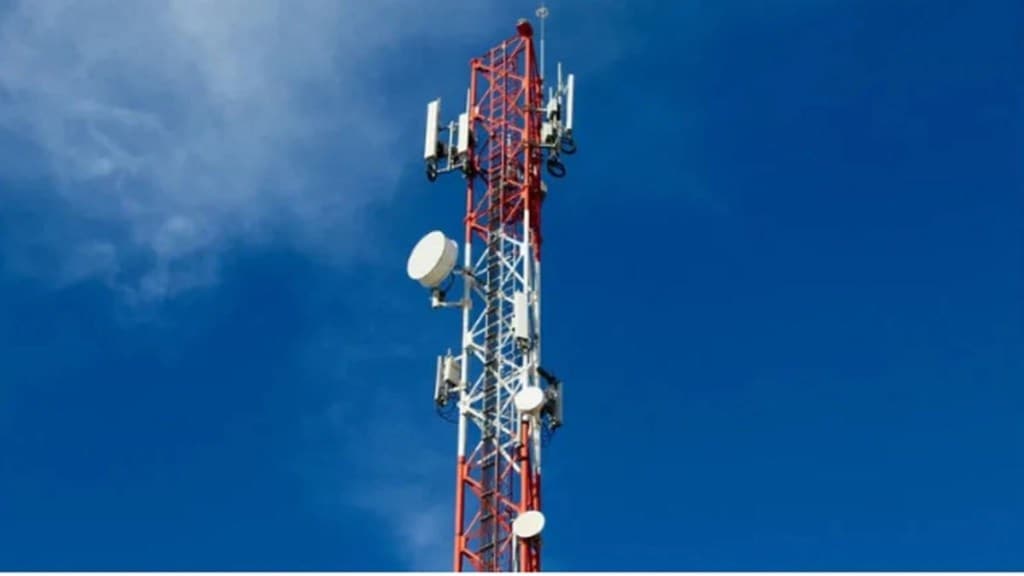After private network and satellite communications services, telecom service providers and technology firms like Google, Microsoft, Meta and Amazon are now crossing swords over the allocation of 6 GHz spectrum. This band has the potential to carry high speed data and is globally used for offering Wi-Fi services.
Telecom firms like Reliance Jio, Bharti Airtel and Vodafone Idea, through their association Cellular Operators Association of India, want the airwaves in this band to be reserved exclusively for them and be allocated through auctions. Countering this, tech firms, through their body Broadband India Forum, are saying that world-over there’s no such reservation of spectrum in this band, and any such move would check the growth of public Wi-Fi system in the country.
Analysts said that indoors – within a house or a shopping mall, airport or railway stations – large amount of data download services work better on Wi-Fi (wired broadband) rather than wireless (mobile) internet. That’s why public Wi-Fi at these centres need to come up and technology firms have plans to offer such services free of charge. “By offering public Wi-Fi free of charge, tech firms are able to promote their apps and marketing features, and earn through advertising revenues. Telecom operators fear that these firms would eat into their revenue streams and, therefore, want this spectrum to be reserved only for them,” said an analyst.
On Wednesday, SP Kochhar, director general of COAI, said that if the government delicenses 6 GHz spectrum for Wi-Fi, it would forego a revenue of about `4 trillion, based on the price of mid-band spectrum in the 3,300 MHz band. He added that the 6 GHz band will be critical for 5G going forward for better capacity and network coverage.
“Wi-Fi does not facilitate wide-area applications like drones, smart city applications, etc, which require ubiquitous connectivity and coverage. 5G can enable these services efficiently,” Kochhar said.
Countering the argument, BIF chairperson Aruna Sundararajan said that public Wi-Fi is the way to accelerate broadband penetration across the country, and the PM-WANI scheme is one of the important steps to help achieve the government’s vision of Digital India with the objective of providing broadband to every citizen.
According to analysts, as technology is progressing, the distinction lines between telecom service providers and technology firms are blurring. While call services would continue to remain the prerogative of the telcos, various other applications like data services and apps can be provided by the tech firms. Since data prices are very low in India, telecom firms feel that tech companies entering any area where they operate, would mean loss of revenue for them.
According to TV Ramachandran, president, BIF, telcos should not fear tech firms eating into their revenue by providing public Wi-Fi services. “No call can be completed without connecting into the telecom network. If public Wi-Fi networks expand through the participation of technology firms, telecom firms would only gain through data usage,” Ramachandran said.
The government on its part has formed a committee to open the 6 GHz spectrum and look into the allocation of the band. In the vision document of 6G, the government-appointed task force has recommended that the lower part of the 6 GHz band be reserved and at least 4.32 GHz in the V band be delicensed.
Earlier, telcos and tech firms have differed on building private networks for enterprises using 5G spectrum. While tech firms want direct allocation of spectrum for building such networks, which would be used by enterprises for transferring data within their different office locations, telecom operators want that such services be provided exclusively by them.
Similarly, on satellite communications, tech firms want that spectrum should be allocated administratively rather than through auctions as it is a shared resource for such services. However, telcos are pushing for auctions as they feel that this is the accepted practice for allocation of spectrum.
